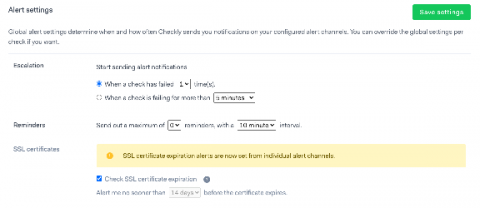Headless browser automation guide - Writing theheadless.dev
After weeks of writing, researching and hopefully enough proofreading, we just launched a living collection of practical guides on leveraging headless browser tools (starting with Puppeteer and Playwright) for testing, monitoring, scraping, performance measuring and more. We called it theheadless.dev. This article is about the different approaches we tried in contributing ideas to the Puppeteer community, as well as the principles that guide our latest contribution.




